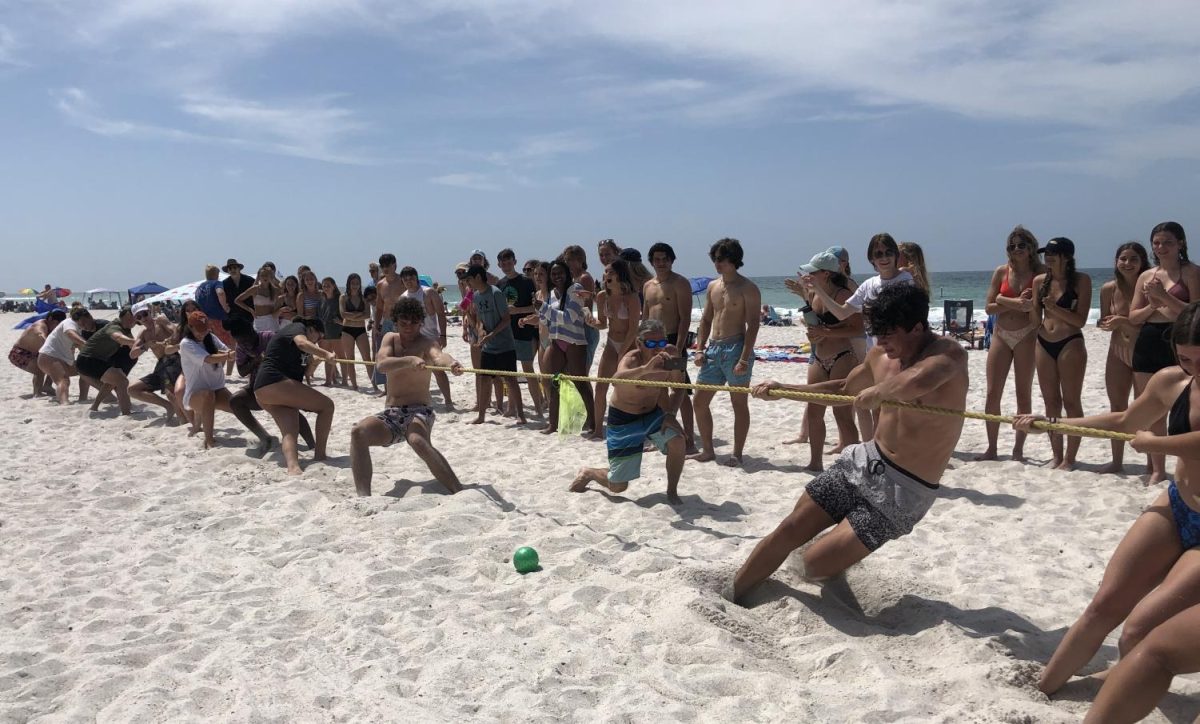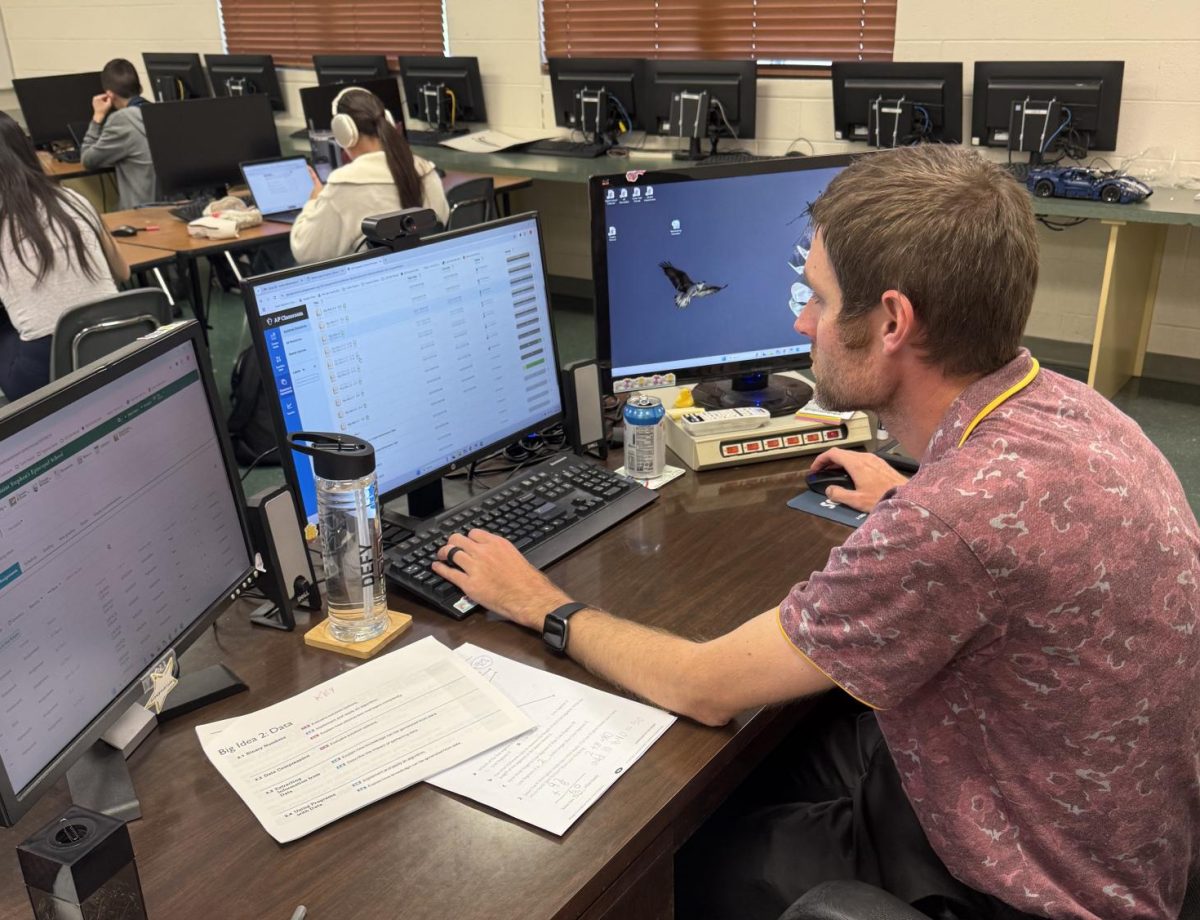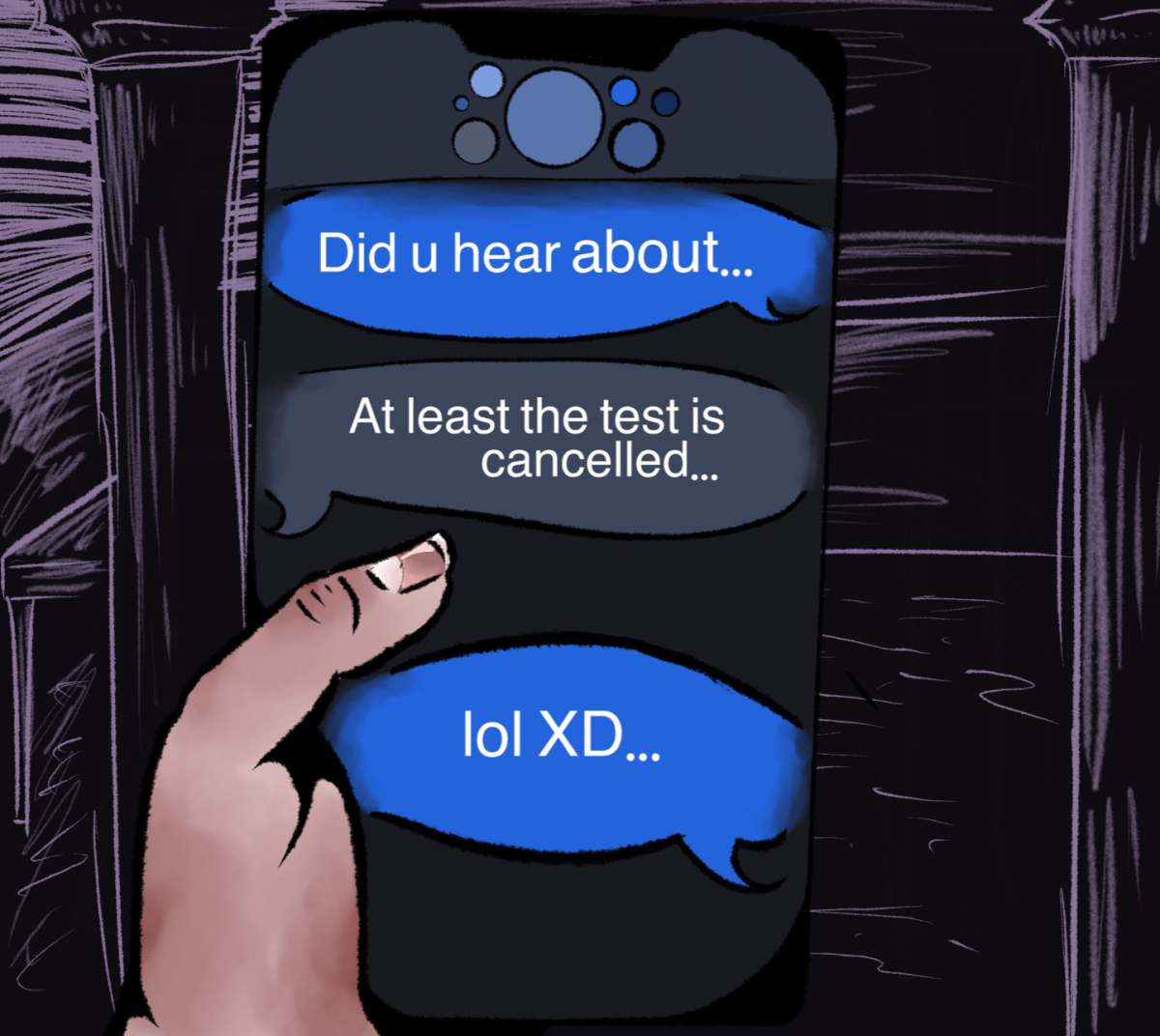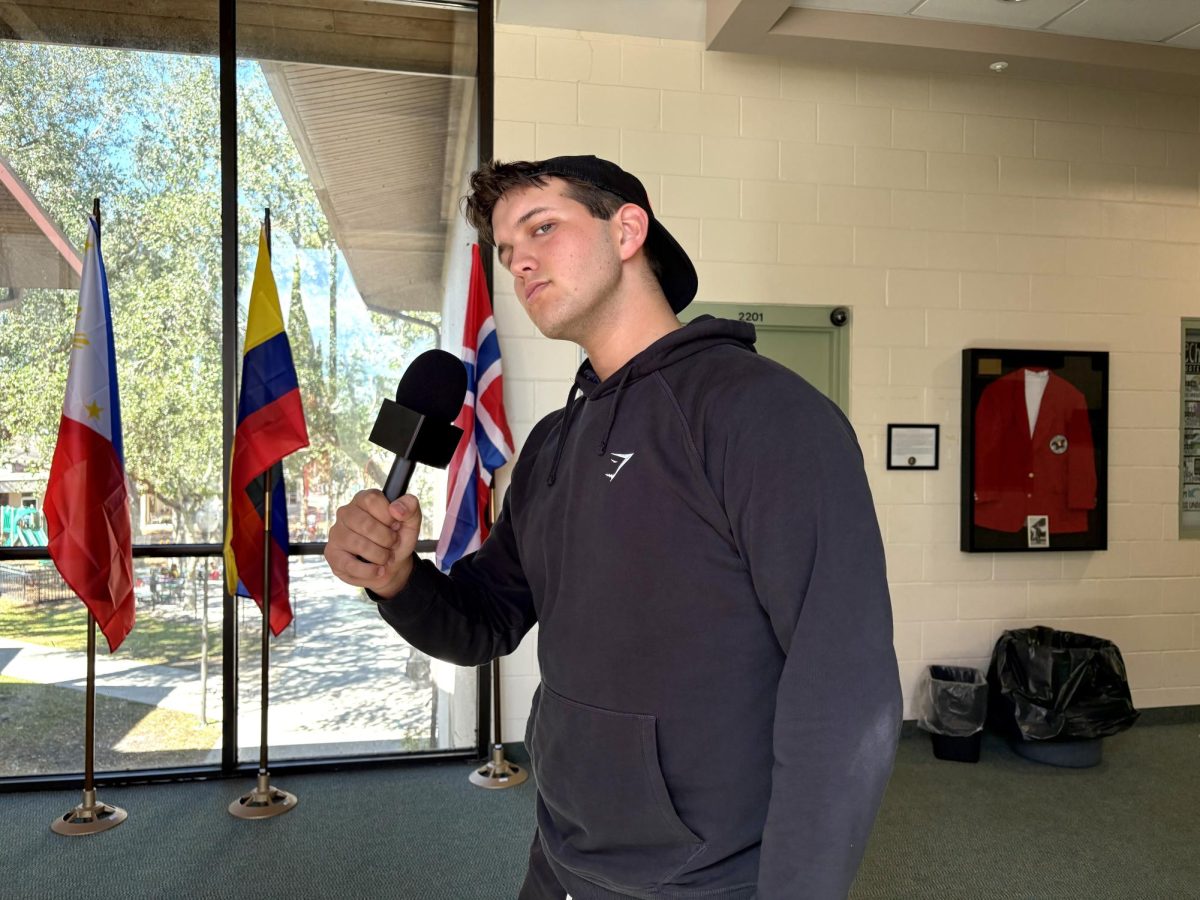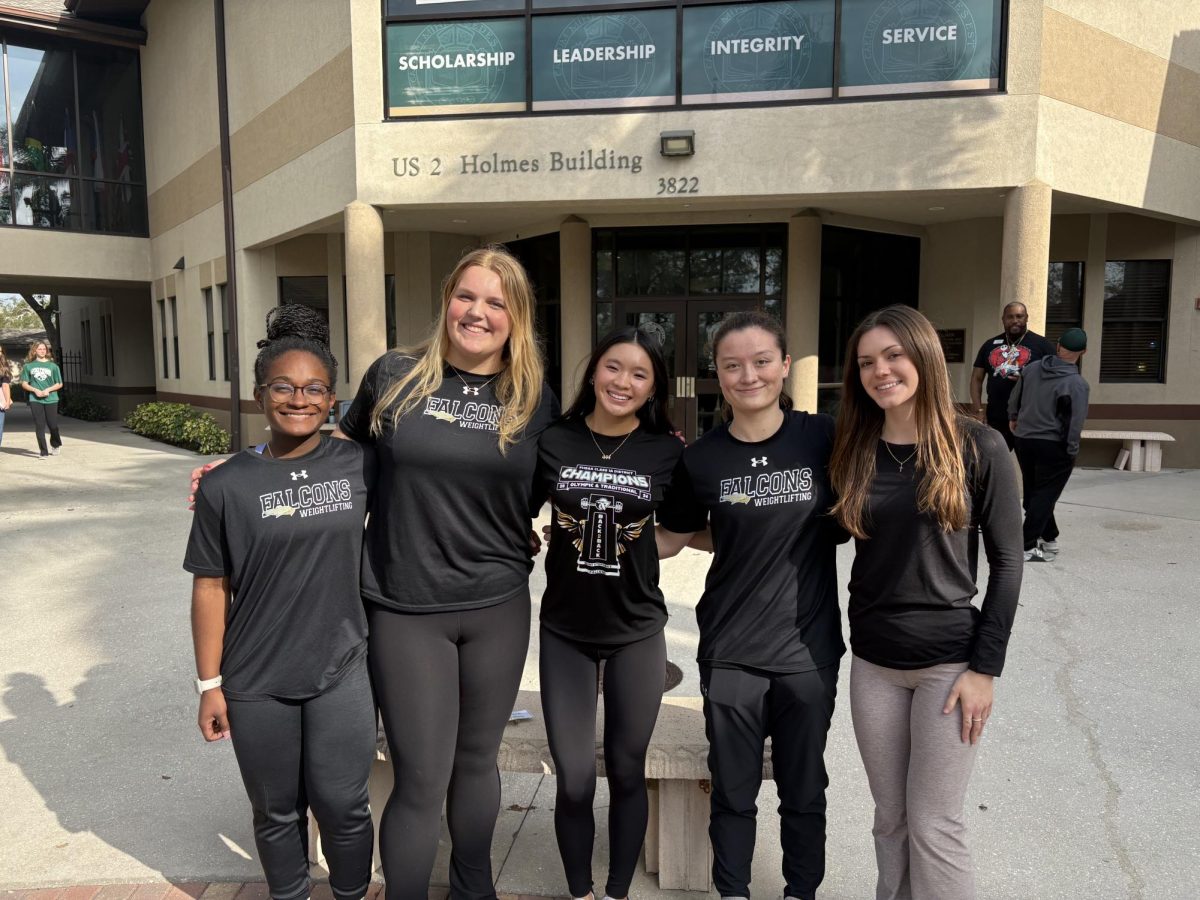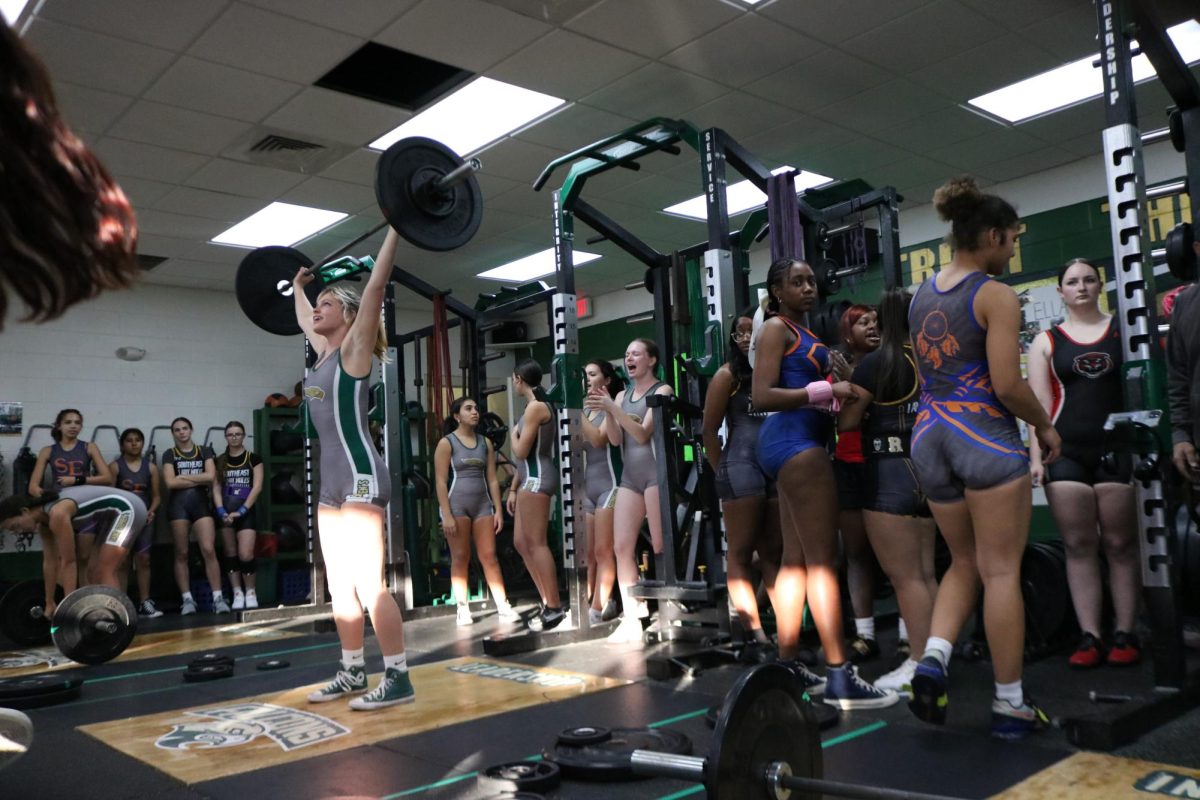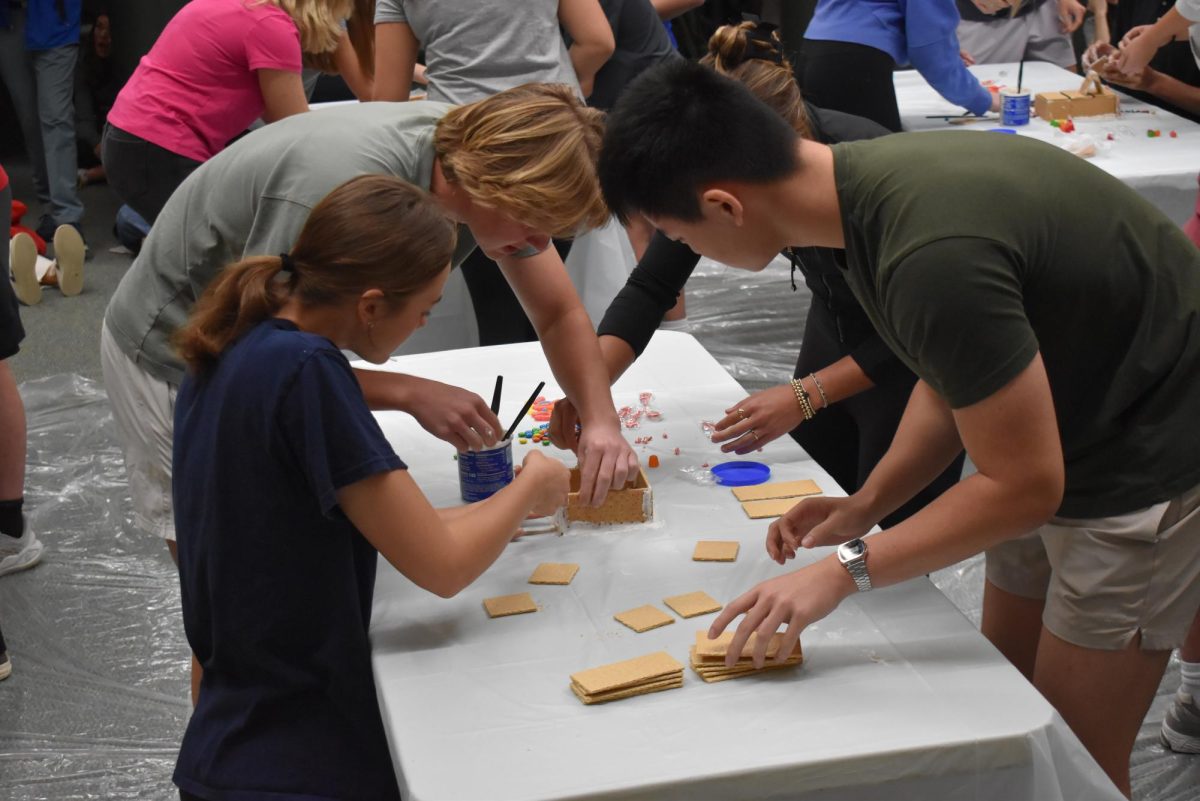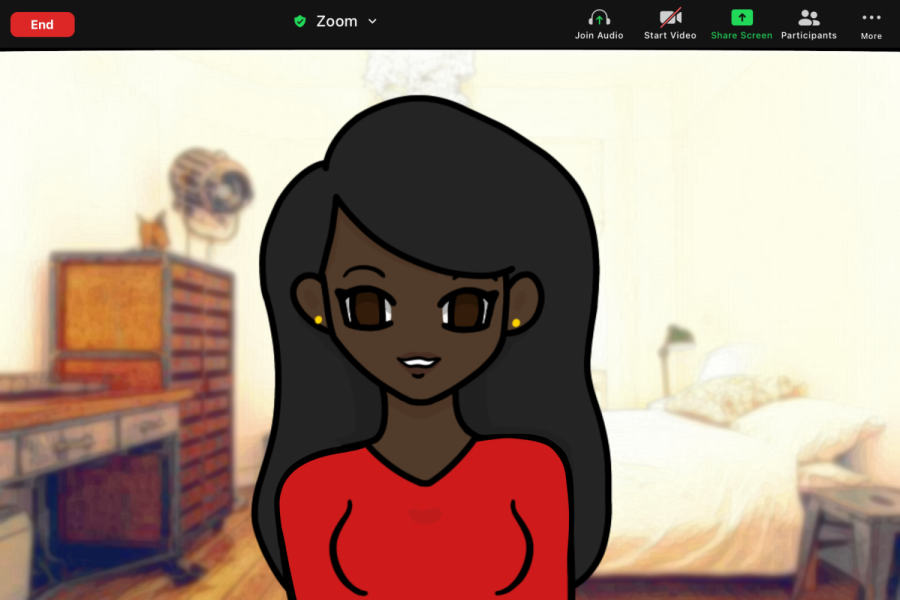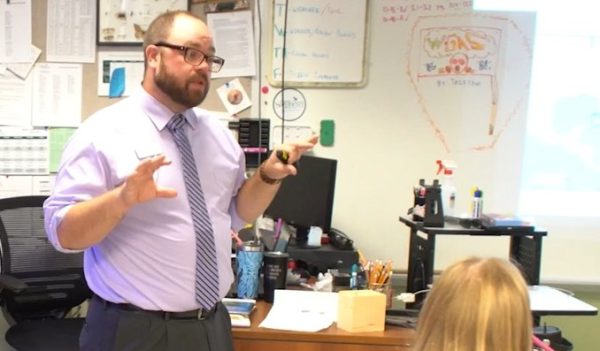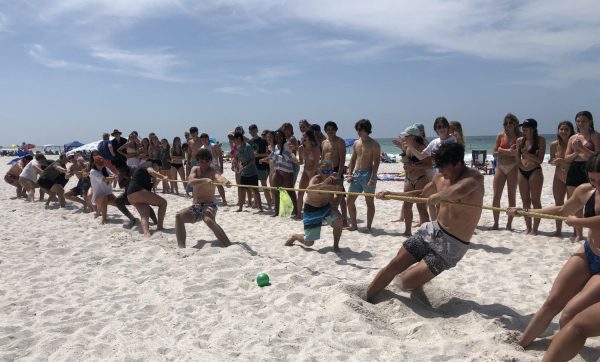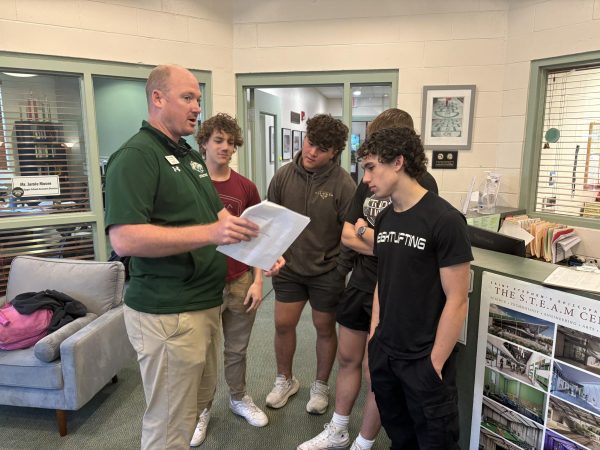What’s it really like being virtual?
Virtual students at Saint Stephen’s share their experiences from the other side of the screen.
March 12, 2021
When Covid hit in March of last year, schools around the world were forced to shut down and suddenly move into “virtual” learning, a space many of us weren’t used to. Now that most institutions have opened back up,many are offering a “hybrid learning” model where students can choose between attending in-person or staying home via virtual classes.
In terms of Zoom learning, students turned out to be either amazing at handling virtual ed, or, they didn’t perform well at all. There didn’t seem to be a whole lot of folks in between. Those who didn’t perform well in distance learning found it hard to succeed in a class through a computer screen.
Trust me, I know that virtual learning is a lot harder than attending physically. Being in the comfort of your own home makes working up the motivation to do things much harder. Keeping a proper schedule, studying and doing homework when you could walk the dog, or even just going to class was a whole lot harder.
If you’re one of those that are struggling with E-learning, then this is the article for you! I sat down with two freshman virtual students, Patrick van Eyck and Cassidy Miller, to discuss thevirtual school experience.
What is it like being on the virtual side of school, Patrick?
“Overall, for me, it was simply very weird, not necessarily bad or good but, there were benefits and negatives. I’d say it was generally worse, as I ended up missing a lot of my friends for a long period of time. It was also weird when I finally returned, it had been a year and felt like I was at a new school.”
What are some challenges you face while being virtual?
“My main problem was maintaining motivation for out of school activities, like exercise, and seeing other people. It was also harder to communicate with my teachers. I couldn’t simply ask them the day of, I had to wait quite often, which was annoying.”
Does being virtual affect your learning in a positive or negative way?
“Academically, I’d say it hurt a bit. I did get some extra sleep, but the inability to easily ask questions was troublesome.”
What are some pros and cons of being virtual rather than being in school physically?
“The pros would likely be my looser sleep schedule. I live nearly an hour away, so I gained about two hours of sleep, which was helpful. The main negatives were social-based: I wasn’t able to see my friends for a while.”
In addition to Patrick, I also spoke with Cassidy Miller to see what she had to say about E-learning.
Cassidy, how do you go about handling your stress?
“Exercise is key. I exercise in between my classes to keep myself from feeling tired and to help me focus in class. Even if it’s just something as simple as getting up and walking around your room. Taking breaks to eat something also helps me prepare and not stress before my next class. It can leave you refreshed and feeling awake.”
How do you manage all your school work at home?
“Keeping a clean and organized desk/workspace really helps me. Having a clean desk and clean room helps me feel like I’m not overwhelmed and stressed out. I also use a planner to help keep everything planned properly. I highly recommend using a planner.”
Do you have any advice for kids who might be struggling with online school?
“Keep in touch with your teachers. I personally send my teachers messages every day and meet with them after school to make sure I didn’t miss anything in class helps me so it might help others too.”
The virtual experience can be trying at times, but like any learning model, there are ways to make your situation better. Hopefully, you picked up a few from Patrick and Cassidy’s experiences.



